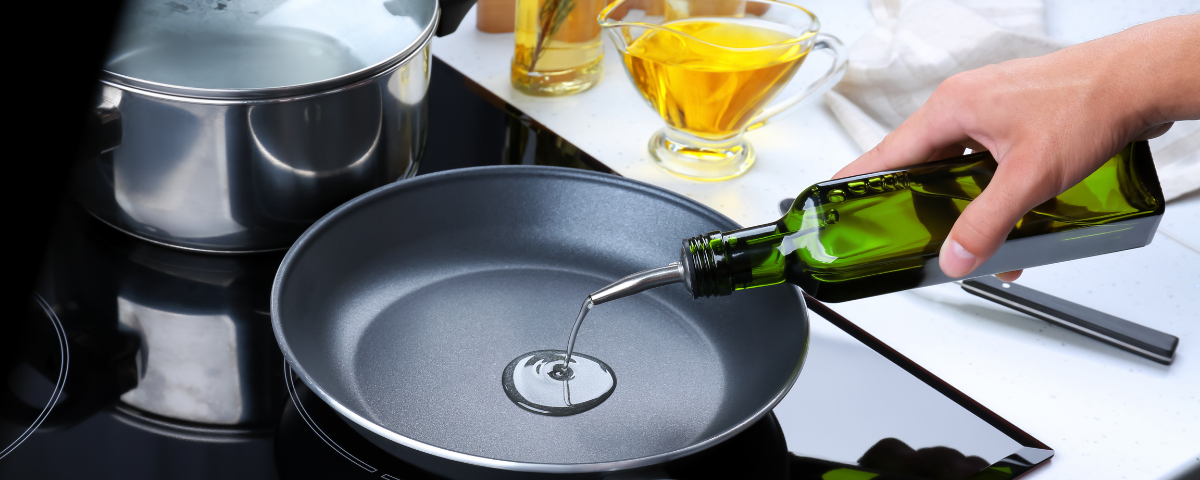Used Cooking Oil, also known as UCO, stands for oils and fats which have already been used for cooking purposes. Used cooking oil is commonly found within our households as well in the food processing industry like hotels, restaurants, roadside stalls, and fast-food eateries.
Used cooking oil is available in the form of vegetable oils, namely, corn oil, olive oil, palm oil, etc, and also in the form of animal fats. The most important thing to remember here is that it’s a cooking oil that is being heated or used more than once.
The darker the color is of the cooking oil, the more unfit it has become for human consumption. In fact, once the color has turned brown or black, it should not be used.
Health Hazards: Once used, cooking oil can be reheated once or a maximum of two times. The chemical composition of used cooking oil contains a carcinogenic substance that promotes the development of cancer in the body. To add to this, each time the used oil is reheated, its quality deteriorates and the temperature at which it will burn keeps decreasing.
Damages the Drainage System: In any case, the used cooking oil should not be poured into the kitchen sink or even into the soil. When we pour the used cooking oil, down the sink, it can result in clogging of the drainage system. Moreover, when it reaches the water bodies, it can cause significant damage to marine life also. If we throw the used cooking oil on the ground, it will adversely affect the soil and pollute it. In either case, the careless disposal of used cooking oil can pollute the environment.
Adulteration: The color of used cooking oil changes to dark brown or black. Such oil is often purchased by scrap dealers. After adding a few bleaching agents, they manage to change the color of the used cooking oil to yellow or golden yellow, making it look similar to fresh cooking oil. Such used cooking oil is then packed and resold to roadside vendors at cheaper prices. Hence, the street food that we so relish, is most often than not, cooked in unhealthy oil and harmful to our health.
Potential to Produce BioDiesel: It’s imperative that we gain awareness on the correct way of disposing of used cooking oil.
You could store the leftover oil inside a closed container and keep it in a dry place. Once the bottle is filled, contact us. We will schedule a pick–up of filled cans, ensuring a prompt and hassle-free experience. Used cooking oil is then converted into BioDiesel using the Transesterification process.




